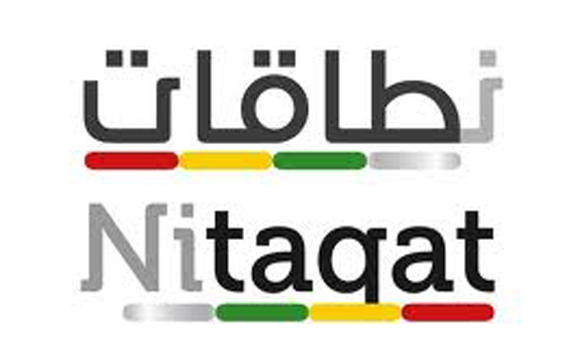The Labor Ministry’s decision to postpone the Nitaqat program’s third phase has sent a message of relief to expatriate workers and the private sector. The ministry had scheduled to launch Nitaqat’s third phase on April 20 but the Labor Minister Adel Fakeih postponed it to allow the private sector more time to understand standards regarding this stage of Nitaqat.
However, the Council of Saudi Chambers (CSC) has put pressure on the Labor Ministry to postpone the implementation of Nitaqat’s third phase for three years to avoid a labor shortage in the construction, manufacturing and sales sectors, which will be most affected as a result of this decision, according to local media.
CSC said in a letter to the labor minister that raising the Saudization rate at this stage would have a negative impact on the job market as companies would not be able to recruit enough Saudi workers, especially for small and medium enterprises (SMEs).
The CSC indicated that the turnout of Saudis at a recent job fair organized by the Council of Saudi Chambers for Commerce and Industry, which offered about 3,000 jobs, was much less than expected as only 1,409 men and women attended company interviews, even after a strong advertising campaign.
The Labor Ministry wanted downstream industries to raise the Saudization rate from 25 percent to 41 percent, large retail and wholesale firms from 29 percent to 44 percent, and other large commercial establishments from 29 percent to 66 percent. It also wants SMEs to increase the number of Saudi workers gradually within a time frame.
Abdullah Radwan, a member of the Construction Committee at Jeddah Chamber for Commerce and Industry (JCCI), said that several construction companies need more time to avoid a labor shortage, as it is hard to hire Saudis in some occupations. There is an urgent need to train and qualify Saudis before raising the Saudization rate.
Indian workers, the largest expatriate community in the country, will benefit most from this decision especially since the number of Indians in the country is estimated at 3 million.
“Nitaqat’s third phase will force private companies to dismiss expatriate workers to hire more Saudis. It means nearly 50 percent of expatriate workers would have to leave the Kingdom,” an Indian worker, who requested anonymity, told Arab News.
“We must train and qualify more Saudis before the Ministry of Labor implements Nitaqat’s third phase which will reduce the number of expatriate workers in the local private sector.
However, the ministry also has to play a vital role to launch more training programs to qualify Saudis and then the ministry can implement its Saudization plans,” Adel Bayomi,” director of human resources at a private company for food products told Arab News.
Delay in Nitaqat’s third phase cheers expatriates
Delay in Nitaqat’s third phase cheers expatriates











